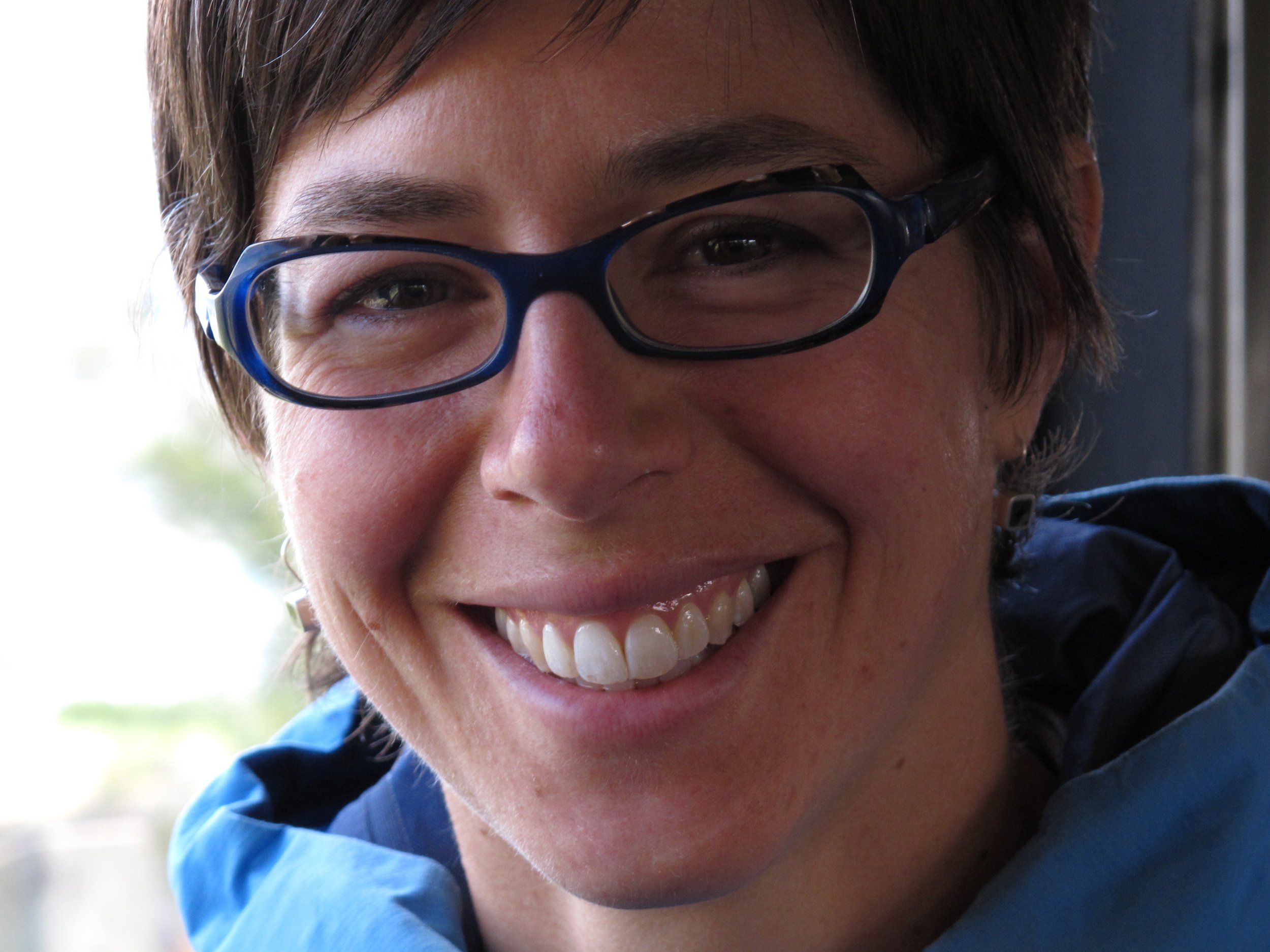This reflection comes from Michelle Deacon, communications specialist, keen up and comer to the public participation space, and one of Forum Community Relations’ engagement coordinators.
For the past year, I have had the opportunity to support a proponent with the Indigenous engagement planning and coordination on a broader, multi-year community engagement program. The project itself, seeks to involve the community in project decisions; and with a proponent who is truly committed to building trust and meaningful relationships, it has been a rewarding journey in meaningful consultation.
But what does that term actually mean? Meaningful consultation. Far beyond government definitions of duty to consult and consultation requirements, when I reflect on the past year, I believe that, at its core, meaningful consultation requires humility, space and time for listening and hearing, and adaptability. And let’s face it, this approach makes good sense for not only engaging with Indigenous Peoples, but all people.
Starting from a place of humility helps us to acknowledge that our lived experiences influence our approach and assumptions regarding how individuals and groups may want to participate. Whether conscious or not, it is easy to gravitate toward approaches we know. When we accept that we don’t have all of the answers, and that different world views may indicate altogether new approaches, we prepare ourselves to consult meaningfully.
Multi-year engagement programs can offer more space and time for listening and hearing, but not every project has a long timeline, and even multi-year projects encounter tight turnarounds. Regardless of project duration, making time to listen and hear authentically, is an important step in building trust. Trust and relationship take time and nurturing, and once established, facilitate meaningful consultation–with the potential for enriched dialogue and greater willingness to participate. For proponents with sporadic or short-term projects, why not explore opportunities to build relationship outside of project frameworks?
Adaptability is another core requirement for meaningful consultation. This is where we apply what we learned in that place of not-knowing-all (humility), as well as what we learned through listening. Sometimes it means that we need to set aside step-wise engagement approaches, and respond to what participants are truly saying about how they want to participate, and what challenges to participation they are facing. It requires meeting people where they are at, and sometimes, offering multiple pathways for participation. An adaptable approach creates opportunities for more responsive and inclusive consultation.
Meaningful consultation goes far beyond formal definitions of consultation. It requires us to be humble, adaptable and committed to taking the time to listen, hear and build trusting relationships.
--
I (Michelle) identify as a daughter, granddaughter, sister, wife, mother, aunt and friend. I live, work and play on Treaty 7 territory. Today, my personal reconciliation journey involves increasing my awareness of Indigenous Peoples (in what some recognize as Canada), their cultures, histories and stories and using my voice to share what I learn with others who may not know. I hope that this is a step toward better awareness and understanding.

